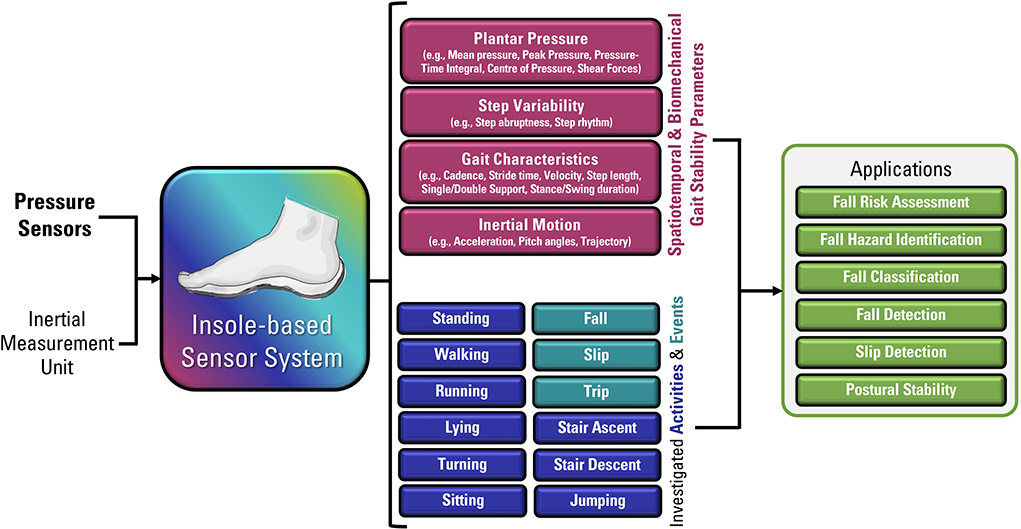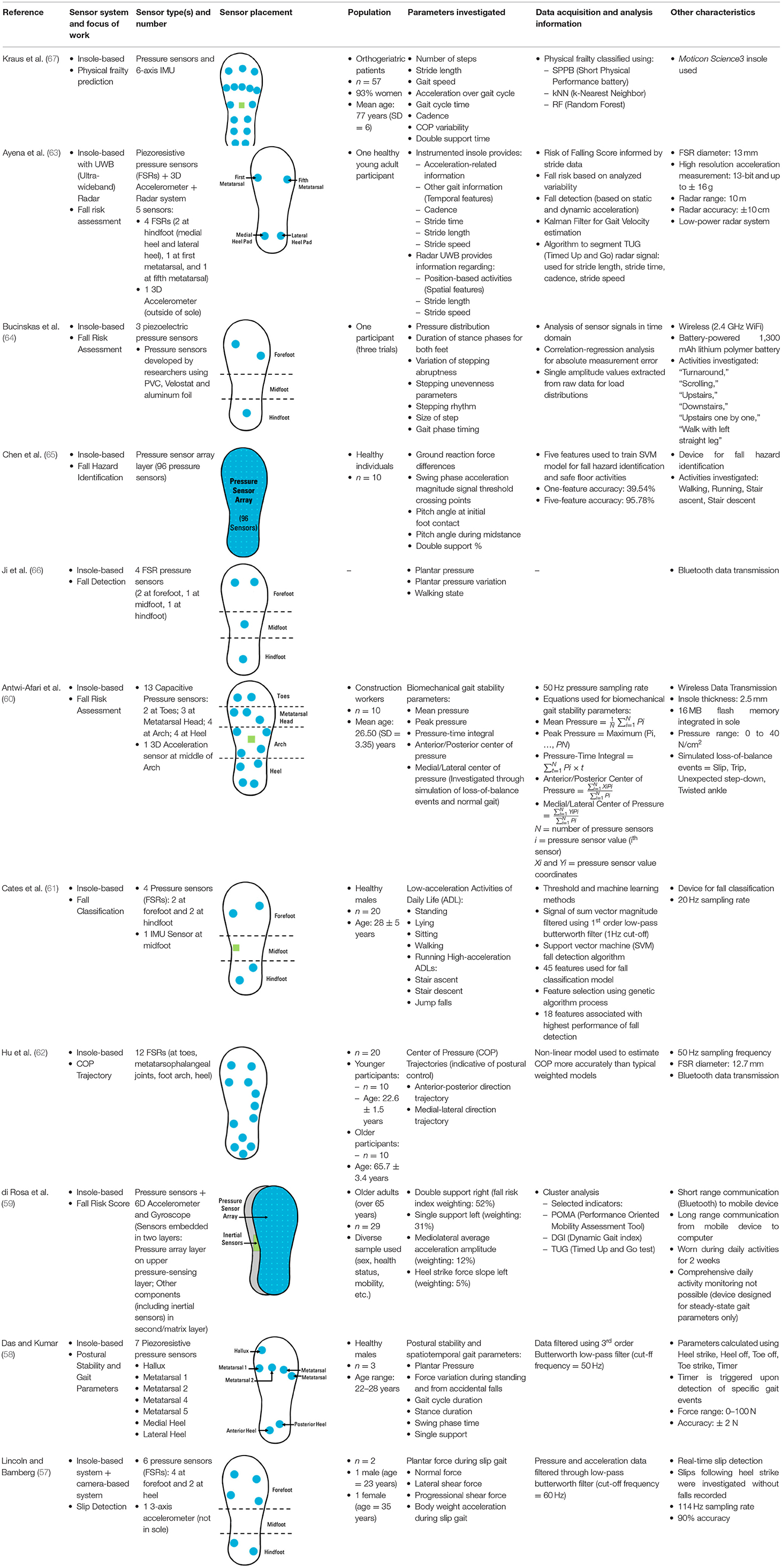Things about Dementia Fall Risk
Things about Dementia Fall Risk
Blog Article
Dementia Fall Risk Fundamentals Explained
Table of ContentsWhat Does Dementia Fall Risk Mean?Getting My Dementia Fall Risk To WorkDementia Fall Risk Fundamentals ExplainedThe 5-Second Trick For Dementia Fall RiskThe Buzz on Dementia Fall Risk
Ensure that there is a marked location in your clinical charting system where personnel can document/reference scores and record appropriate notes related to drop avoidance. The Johns Hopkins Fall Danger Evaluation Device is one of lots of tools your personnel can make use of to assist stop negative clinical events.Individual falls in health centers prevail and devastating unfavorable events that linger despite years of effort to lessen them. Improving communication throughout the analyzing nurse, treatment group, client, and patient's most involved good friends and family may strengthen autumn prevention efforts. A group at Brigham and Female's Health center in Boston, Massachusetts, looked for to create a standard fall avoidance program that centered around enhanced interaction and patient and household interaction.

The innovation group stressed that successful execution depends on patient and team buy-in, assimilation of the program right into existing process, and integrity to program procedures. The group kept in mind that they are grappling with just how to make certain connection in program application throughout durations of dilemma. During the COVID-19 pandemic, for instance, a boost in inpatient falls was related to restrictions in client interaction along with constraints on visitation.
Dementia Fall Risk Fundamentals Explained
These events are normally thought about avoidable. To carry out the intervention, organizations need the following: Access to Fall ideas resources Fall suggestions training and retraining for nursing and non-nursing team, consisting of new registered nurses Nursing process that allow for individual and family involvement to perform the drops assessment, guarantee use of the prevention plan, and carry out patient-level audits.
The outcomes can be extremely harmful, frequently speeding up person decline and causing longer medical facility keeps. One research approximated keeps enhanced an extra 12 in-patient days after an individual loss. The Autumn TIPS Program is based on interesting patients and their family/loved ones throughout 3 primary procedures: analysis, personalized preventative interventions, and bookkeeping to guarantee that clients are participated in the three-step loss prevention process.
The individual evaluation is based on the Morse Fall Scale, which is a confirmed autumn danger analysis device for in-patient healthcare facility settings. The range consists of the 6 most usual factors patients in health centers fall: the individual loss history, risky problems (including polypharmacy), use IVs and various other external tools, mental condition, stride, and movement.
Each threat element relate to several workable evidence-based treatments. The nurse creates a strategy that incorporates the treatments and shows up to the care group, patient, and family on a laminated poster or published visual help. Nurses create the strategy while consulting with the individual and the person's household.
All about Dementia Fall Risk
The poster acts as an interaction tool with various other members of the individual's care group. Dementia Fall Risk. The audit component of the program includes examining the person's knowledge of their danger variables and prevention plan at the unit and medical facility levels. Registered nurse champs perform a minimum of five private interviews a month with clients and their family members to examine for understanding of the autumn avoidance plan

A projected 30% of these drops cause injuries, which can vary in severity. Unlike various other adverse occasions that need a standard clinical feedback, autumn prevention depends very on the requirements of the person. Including the input of people that recognize the person finest permits higher modification. This method has proven to be more efficient than fall avoidance programs that are based largely on the production of a danger score and/or are not personalized.
Some Known Questions About Dementia Fall Risk.

Based upon bookkeeping outcomes, one website had 86% compliance and 2 sites had more than 95% conformity. A cost-benefit analysis of the Fall TIPS program in 8 healthcare facilities approximated that the program expense $0.88 per client to execute and led to cost savings of $8,500 per 1000 patient-days in straight expenses connected to the prevention of 567 tips over 3 years and eight months.
According to the innovation group, organizations thinking about executing the program should conduct a preparedness analysis and drops avoidance voids evaluation. 8 In addition, companies should guarantee the necessary framework and operations for execution and create an implementation plan. If one exists, the company's Autumn Avoidance Job Pressure must be associated with planning.
The 6-Second Trick For Dementia Fall Risk
To begin, companies ought to make certain conclusion of training modules by nurses and nursing assistants - Dementia Fall Risk. Health center staff must evaluate, that site based upon the requirements of a healthcare facility, whether to make use of a digital health document hard copy or paper variation of the fall avoidance plan. Carrying out groups must recruit and educate nurse champs and develop processes for bookkeeping and reporting on loss information
Team require to be involved in the procedure of revamping the operations to engage patients and family members in the evaluation and avoidance plan process. Solution should remain in area so that devices can understand why a fall took place and remediate the reason. A lot more particularly, nurses ought to have networks to supply continuous comments to both staff and system management so they can readjust and enhance fall prevention workflows and interact systemic issues.
Report this page